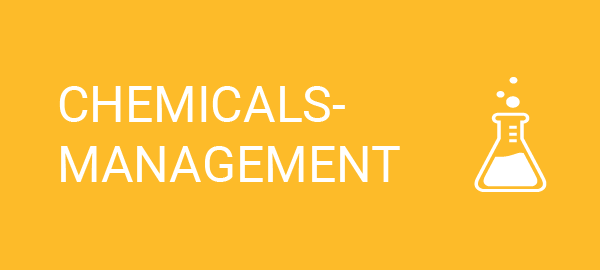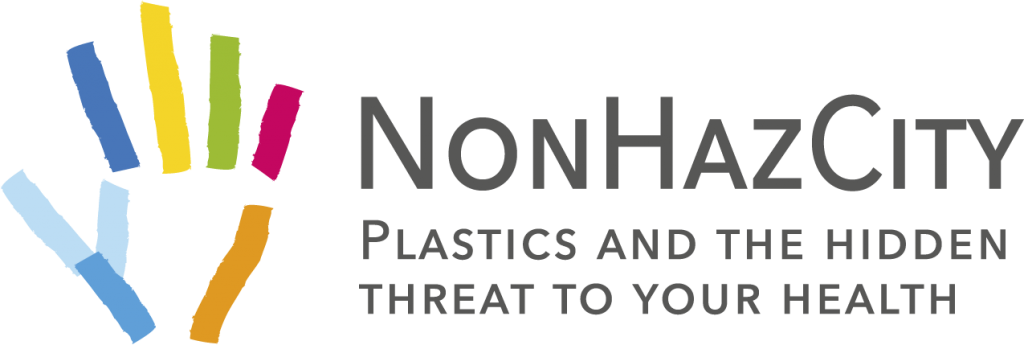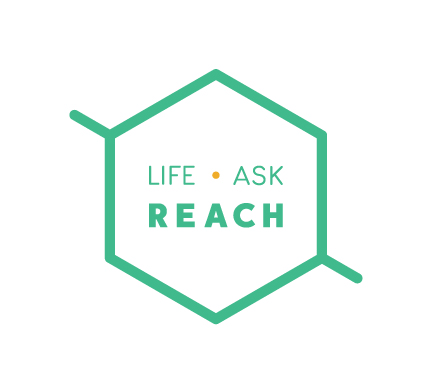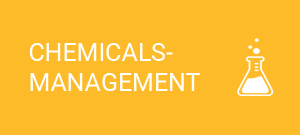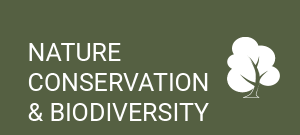The campaign – NonHazCity Plastic Diet – plastics and the hidden threat to your health – wants to change consumption behavior with the aim of reducing exposure to hazardous substances from plastic products and promoting more sustainable consumption. The focus is on products that we use every day and are in close contact with – like clothes, toys, sport & swimming equipment, or food contact materials.
These plastic products may harm not only the environment, but also our health – especially the health of our youngest. Most plastics are mixtures of polymers that are usually obtained from fossil fuels. A cocktail of additives give the plastic the desired properties, such as high flexibility (softeners), UV tolerance (UV filters), or fire resistance (flame retardants). Some of these substances can cause cancer, contribute to lifestyle diseases, or impact on our hormone system when leaching out from the plastic goods. They may enter our bodies by skin contact, inhalation, or via the food we eat.
People are increasingly aware of the issues of plastic waste on land and in the oceans, and even about macro- and microplastic particles from vehicle tires, cosmetics or washing of textiles. But, most people currently seem less concerned about hazardous substances in plastic materials and articles . The NonHazCity campaign wants to talk about these problems with plastics. The Plastic Diet campaign is not focused simply on reducing the amounts of plastics purchased, but also looks at their composition. The goal is to promote informed choices focusing on whether a product contains substances of very high concern.
A social media campaign will run from May 3 to June 13 and during these six weeks more information will be provided on www.nonhazcity.eu about potential threats that plastic can have to health and the environment, the product groups that contain hazardous substances, and what can be safer alternatives. Participants will be invited to take part in quizzes and a self-evaluation of their household. VIPs and influencers will show less hazardous choices.
Weekly activities all over Europe includes the use the Scan4chem app for raising awareness among producers and brands by asking them about harmful substances in plastic goods at concentrations above 0.1 %. We encourage communication between consumers, retailers and producers. Every scan counts – raising awareness on all sides to make our life more sustainable.
The campaign is an official EU Green Week partner event and will run in Estonia, Finland, France, Germany, Greece, Latvia, Lithuania, Poland, Portugal, Serbia, Sweden, Russia and other countries all over Europe.
If you would like to receive further information about Plastic Diet activities please contact:
Baltic Environmental Forum Estonia, Kai Klein, kai.klein@bef.ee , www.nonhazcity.eu
